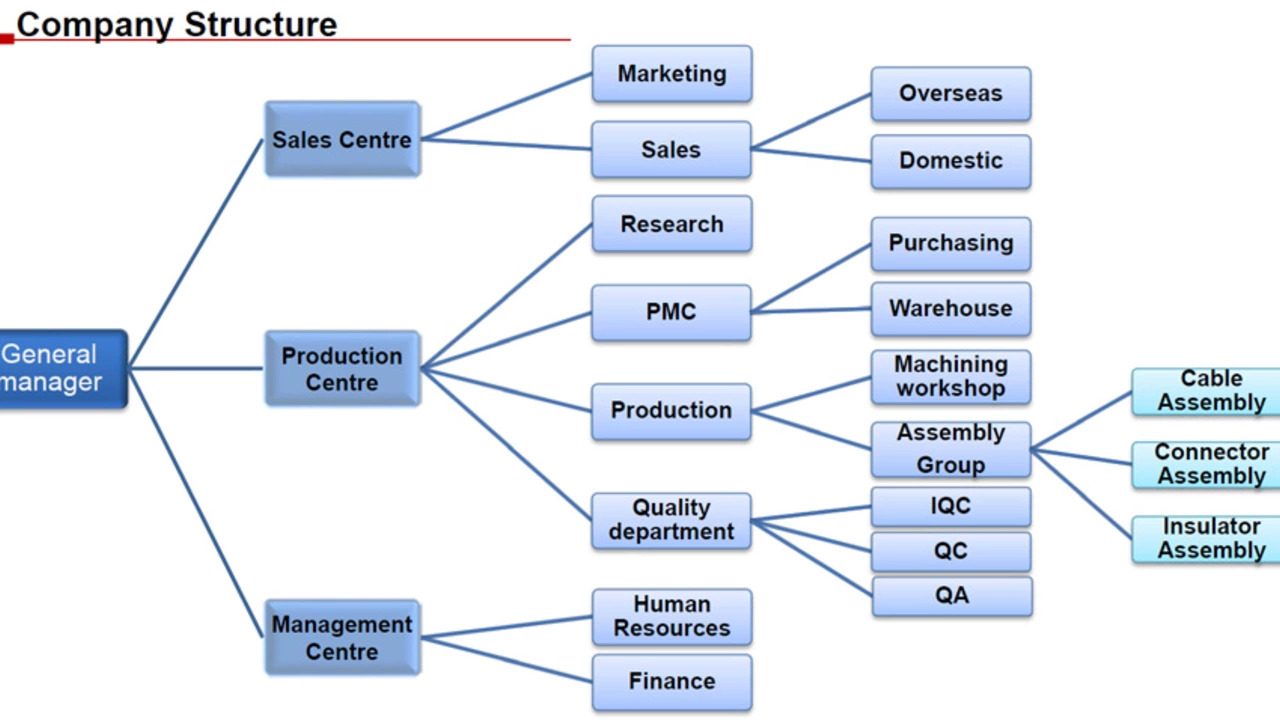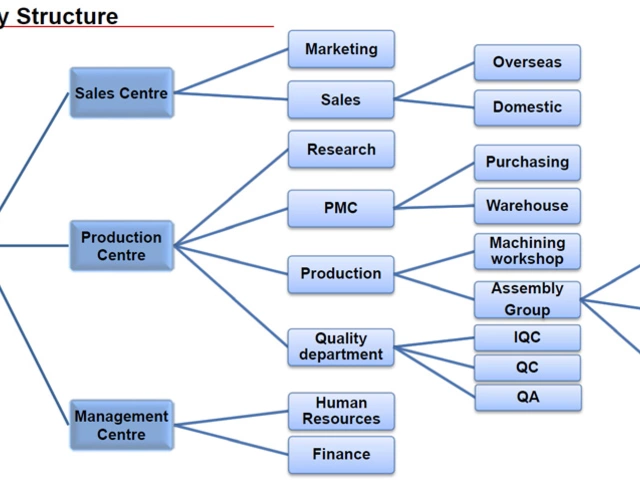Understanding Job Roles in Tech Companies
If there's one thing I've learned from my time juggling between changing baby Xander's diapers and stopping our beagle Bailey from eating my cords, it's the value of versatile roles in the smooth operation of day-to-day activities. In much the same way, technology-based companies hinge on a variety of distinct roles to keep their well-oiled machines running. These roles are like the various cogs and gears that create a smooth, functioning system, ensuring that everyone can work in harmony. It's quite a spectacle to see when everyone plays their position correctly, much like when Bailey finally decides to stop chewing, giving me a moment of tranquillity (and saving my electrical rights!).
Embracing the Wizardry of the Software Engineer
Software engineering is the backbone of any tech-driven company. We're talking about the sorcerers who turn caffeine into code. They're the ones laughing in binary, and living in their cryptic, tag-infested worlds of HTML, JavaScript, or whatever language they conjure up their coding magic in. Picture my son Xander here, building his tiny blocks albeit, less complex but with equal enthusiasm! Software engineers dive deep into the nuts and bolts of an app, website or system software. They design, develop, and debug programs, effectively translating business needs into technical realities.
The role of a software engineer is as important as it is challenging, especially when you reach the level of debugging. Errors are like the sneaky little toys Xander leaves around, tripping me up when I least expect it. Just as I'm always on my toes at home, software engineers need to stay vigilant and think critically to keep systems running smoothly.
Nurturing the Vision with Product Managers
Where would a tech company be without its product managers? Likely as lost as Bailey when he loses sight of his favorite chew toy! Product managers anchor the ship, ensuring that its course aligns with company vision and market demand. They are the bridge between various teams - engineering, marketing, sales, customer service - synchronizing everyone's efforts towards building products that meet user needs. Imagine coordinating Bailey, Xander and me, each on a mission of our own - you’d get some idea of what product managers’ as balancing act of technical acumen, market understanding, and people skills.
A tip for aspiring product managers out there: it’s a tough role, but also one of the most rewarding, just like finally getting Xander to sleep after a whole day of frolicking about or convincing Bailey not to menace the postman. A role that's fulfilling as you shape visions into actual valuable products the world needs.
Building Bridges with the User Experience (UX) Designer
Have you ever clicked on a website or an app that’s as exquisitely laid out and as intuitive as a well-written instruction manual? So fluid in navigation that you effortlessly find yourself where you want to be without any detours? That's the masterstroke of a good User Experience Designer. They're the architects of the digital world, building virtual bridges that guide users to their desired endpoints. It's akin to me ensuring both Xander's and Bailey’s trails of chaos don’t cross, minimizing the chances of an explosion of baby toys and chewed-up slippers!
Much like I try to make our house child and pet-friendly, UX designers shape virtual spaces to be user-friendly. Their role demands a deep understanding of users and their needs, meticulous planning, and a knack for seamless design. They ultimately form the connection between users and the software, making the complex feel simple – a kind of wizardry indeed!
Breaking New Grounds with Data Scientists
And let’s not forget about data scientists. In the world of tech, they're the adventurers always on the trail of useful insights buried amidst mountains of raw data. Much like I find myself constantly in search of a matching pair of socks amidst my laundry heap! These specialists harness the power of statistical analysis and machine learning to extract meaningful insights, forecast trends, and assist strategic decision-making.
Data scientists help companies understand their user base, optimize operations and unearth latent opportunities. They unravel complex patterns and identify the signals from the noise, pretty much like I try to decode Xander's enthusiastic but incomprehensible baby babble. Their work influences key business decisions — everything from product development to marketing strategies — so never underestimate the power of a data scientist!
Getting a grip on technology companies’ hierarchy can be a challenge, much like corralling Bailey and Xander on a hectic day. But shedding light on these key roles should help navigate the complex world of tech companies and appreciate how different roles contribute to the bigger picture. And who knows, maybe you'll find your calling within one of these roles. After all, the world can never have too many tech wizards!






